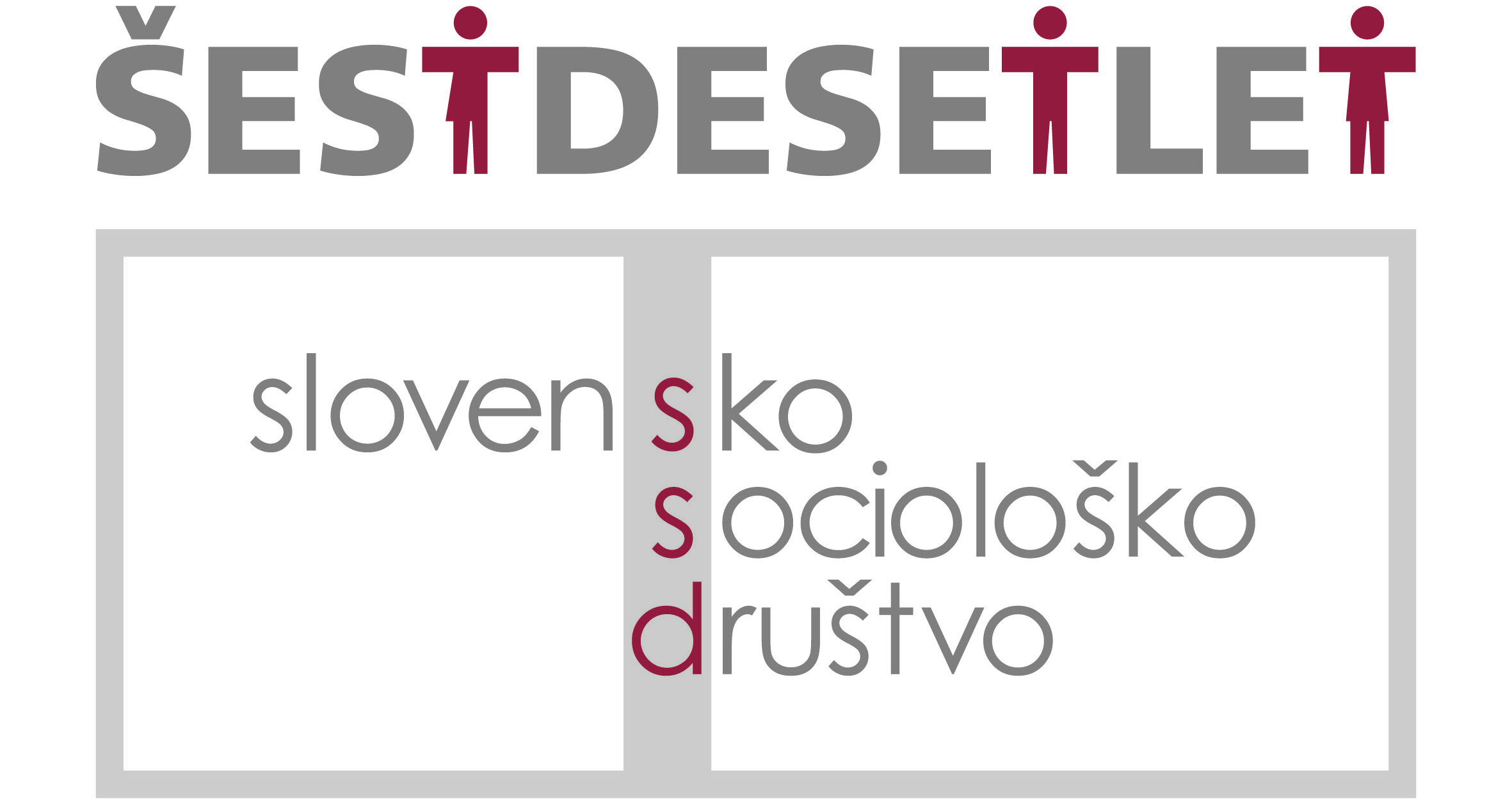Social Science Forum 71 (XXVIIII)
Popular culture and class distinctions in Slovenia: Symbolic boundaries in an egalitarian society
Breda Luthar
ABSTRACT: The study draws on survey data on the cultural preferences, competencies and practices of a representative sample of the population of the two largest Slovenian cities, Ljubljana and Maribor. The cultural dimensions of class and the role of cultural distinctions in the class structure of both cities are examined. The study focuses on the ways in which non-economic capital, i.e. cultural capital, works in the constitution and reproduction of social inequality The empirical results point to the existence of five separate class-cultural formations or class-specific meaning systems that significantly differ from each another and to a systematic homology between ideal-type cultural classes and four occupational classes (eseC). Tastes are particularly strongly linked to social positions at the bottom and the top of the aesthetic hierarchy. The strongest effect of gender and ethnicity on taste cultures was established at the bottom of the occupational class hierarchy.
KEY WORDS: popular culture, cultural capital, class, ethnicity, gender, EseC, Slovenia
>> Download
Digital splits: Web culture in Ljubljana and Maribor through class and cultural differentiations
Tanja Oblak Črnič
ABSTRACT: The paper presents an in-depth analysis of the recent ‘divide’ between the digitally rich and the digitally poor that seems to be a new source of social inequality. Based on a quantitative survey on a representative sample of residents in the two biggest Slovenian cities – ljubljana and Maribor – the author argues that digital culture is not a space of class emancipation, but remains a sphere where the usual social, cultural and class inequalities continue to (re)emerge. While the questions of digital access, shown in three groups of motivational exclusion, intentional self-exclusion and general exclusion, is not a consequence of class divisions, the level of digital inclusion and participation in digital culture are statistically related with class structure and cultural capital. The four different groups of digital audiences – digital poor, digital sceptics, digital mainstream and digital elite – clearly repeat the general inequalities between them on the class level and show specific ways of participation in culture and media consumption. The two digitally weakest groups are on average the most excluded from other cultural practices and the lowest on the class structure, whereas the highest level of high class belongs to the digital elite. The paper therefore argues that digital culture
is an intertwined social phenomenon not simply related to an individual’s socio-demographic situation, but is also strongly connected with its class and cultural capital.
KEY WORDS: digital division, class, cultural capital, access, media consumption
>> Download
Hierarchies of television tastes and class distinctions
Dejan Jontes
ABSTRACT: Drawing on data from the empirical research project Media consumption, social class and cultural stratification carried out with the help of a questionnaire administered to 820 residents of ljubljana and Maribor, the paper examines the relationship between social class, education and television tastes. Contrary to some of the recent literature which emphasises a weak or non-existent connection between class positions and patterns of television consumption, the author uses the Slovenian sample to show that class and education differentiate television preferences significantly although only in some segments of the television repertoire. In the conclusion of the paper, the importance of studying television preferences in connection with other fields
of cultural consumption is stressed.
KEY WORDS: television, social class, cultural consumption, taste, Slovenia
>> Download
Symbolic capital of Slovenian reading
Andrej Blatnik
ABSTRACT: Following the idea of various capitals in the publishing field established by John B. Thompson, we can observe the book consumption as a process where an investment of economic capital in a bought book results in the potential growth of intellectual and symbolic capital gained by reading. The article is exploring the approach to these book capitals in Slovenia on the ground of a research carried out in 2010 and 2011, comparing its results with those of previous book researches, especially in connection with some specifics of the Slovenian book field such as strong system of public libraries and accordingly low number of books being sold in the bookstores.
KEY WORDS: reading habits, book market, symbolic capital, culture and class
>> Download
What do Andy Warhol, pecorino and wasabi have in common? Food practices in Ljubljana and Maribor.
Tanja Kamin, Blanka Tivadar, Samo Kropivnik
ABSTRACT: The authors present an analysis of food practices based on the research project »Media consumption, class and cultural stratification«. A cluster analysis of data obtained from a random sample of the adult population in Ljubljana and Maribor, the two biggest cities in Slovenia, revealed four food cultures: Aspiring traditionalists (27% of the sample), Struggling traditionalists (32%), Health conscious and socially responsible hedonists (29%) and Traditionalists, adapted to urban trends (12%). The findings support previous research which recognises significant associations between food practices, socio-demographic factors (particularly education), values and cultural consumption. The data show that food practices in Ljubljana and Maribor are still primarily traditionalistic, as are several other practices of everyday life.
KEY WORDS: culinary capital, lifestyle, health, food practices, taste
>> Download
Social and cultural aspects of vegetarianism and its perceptions
Aleš Črnič
ABSTRACT: The article describes the basic characteristics of vegetarianism and presents the results of an empirical survey conducted on a representative sample of adult inhabitants of the two biggest cities in Slovenia, ljubljana and Maribor. The main findings include an evaluation of the extent of the researched phenomenon, who and why decides to become a vegetarian and a detailed analysis of perceptions of vegetarianism and veganism among the general population. Special attention is paid to various socio-cultural factors from which the social class structure of Slovenian vegetarians can be estimated, as well as the social distribution of the perception of vegetarianism among Slovenians
KEY WORDS: vegetarianism, social class
